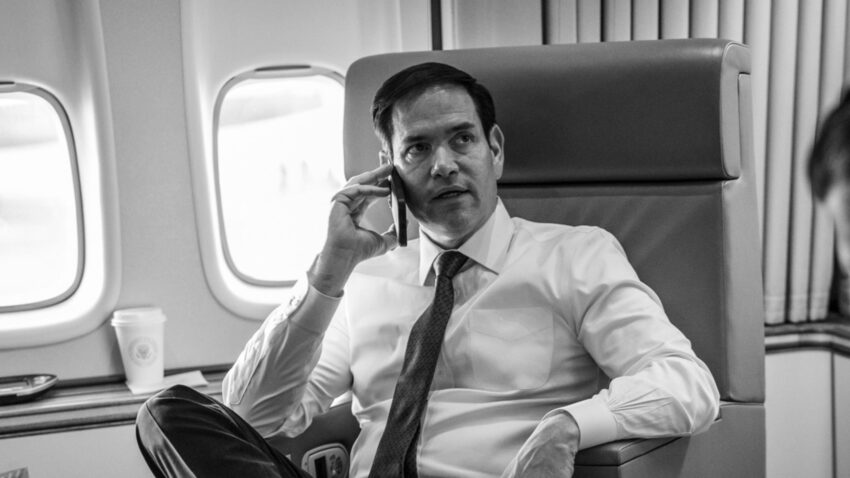If you’re tired of censorship and dystopian threats against civil liberties, subscribe to Reclaim The Net.
Washington is taking aim at Europe’s internet censorship regulation, with the Trump administration launching a coordinated diplomatic push against the European Union’s Digital Services Act (DSA).
US officials argue the law places unreasonable burdens on American technology firms and chips away at the foundations of free expression.
A classified State Department cable obtained by Reuters reveals that embassies across Europe have been instructed to lobby aggressively against the DSA. Signed by Secretary of State Marco Rubio and dated August 4, the cable accuses Brussels of exploiting concerns about “misinformation” and “hate speech” to justify what it describes as excessive restrictions on speech.
The Trump administration’s position is clear: the DSA, far from being a protective measure, is seen as a deliberate attempt to institutionalize censorship and export EU speech standards to the rest of the world. By tightening requirements for content removal and imposing penalties on non-compliant platforms, Washington contends the EU is effectively demanding that US companies enforce Europe’s ideological boundaries.
More: Jim Jordan: “Nothing We Heard in Europe Eased Concerns” Over EU and UK Censorship Laws
The European Union insists the DSA is designed to rein in illegal content, including “hate speech” and child exploitation, and to create a safer, fairer digital environment. But the administration in Washington remains unconvinced, viewing the regulation as a politically convenient method of controlling discourse and saddling foreign companies with Europe’s enforcement costs.
President Trump’s administration has argued that the term “misinformation” is often wielded to suppress political dissent. Vice President JD Vance has been especially vocal, accusing EU bureaucrats of creating legal tools that systematically suppress American speech online.
The cable, described as an “action request,” orders US diplomats stationed across the continent to step up engagement with European policymakers, regulators, and digital sector leaders. The goal is to build momentum for revising or scrapping key provisions of the DSA and similar national laws that limit what can be said or shared online.
Included in the cable is a set of tactical instructions for US envoys. Among the proposals is a call to narrow the definition of “illegal content” to ensure that religious or political speech does not fall under enforcement mechanisms.
The document also pushes back on the hefty fines the law allows and questions the legitimacy of “trusted flaggers,” groups given broad authority by EU governments to initiate takedowns of online material.
If you’re tired of censorship and dystopian threats against civil liberties, subscribe to Reclaim The Net.
The post Rubio Tells Europe to Back Off With Its Internet Censorship Law appeared first on Reclaim The Net.
Click this link for the original source of this article.
Author: Dan Frieth
This content is courtesy of, and owned and copyrighted by, https://reclaimthenet.org and its author. This content is made available by use of the public RSS feed offered by the host site and is used for educational purposes only. If you are the author or represent the host site and would like this content removed now and in the future, please contact USSANews.com using the email address in the Contact page found in the website menu.





